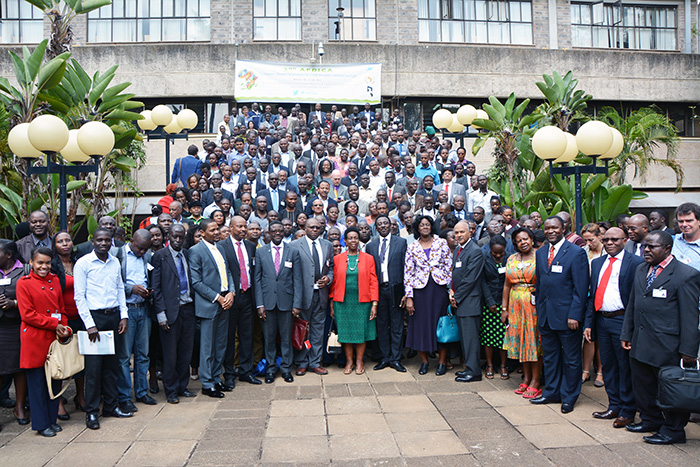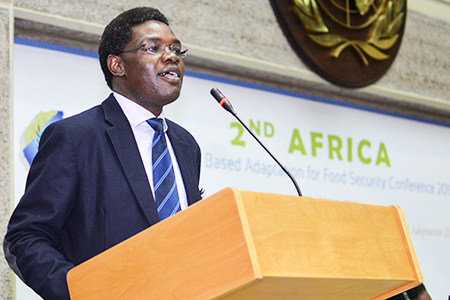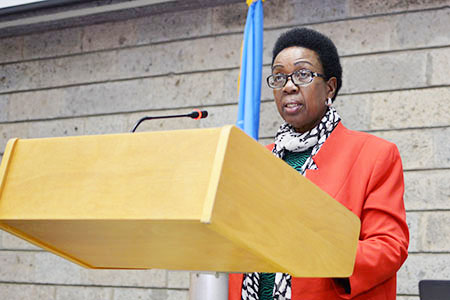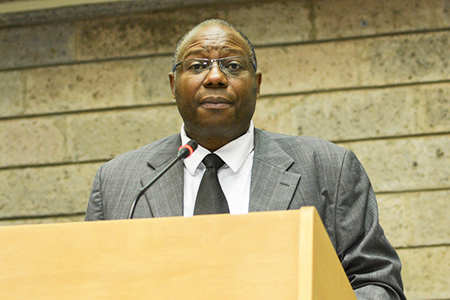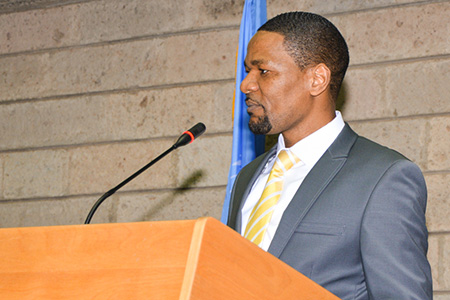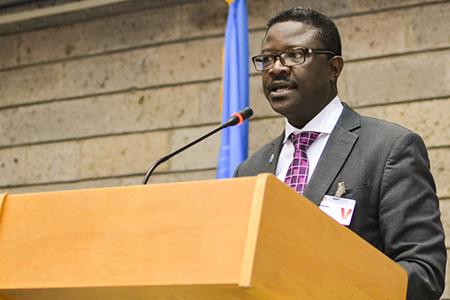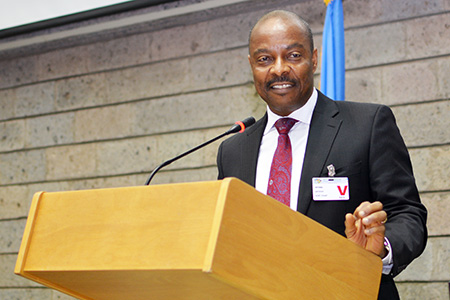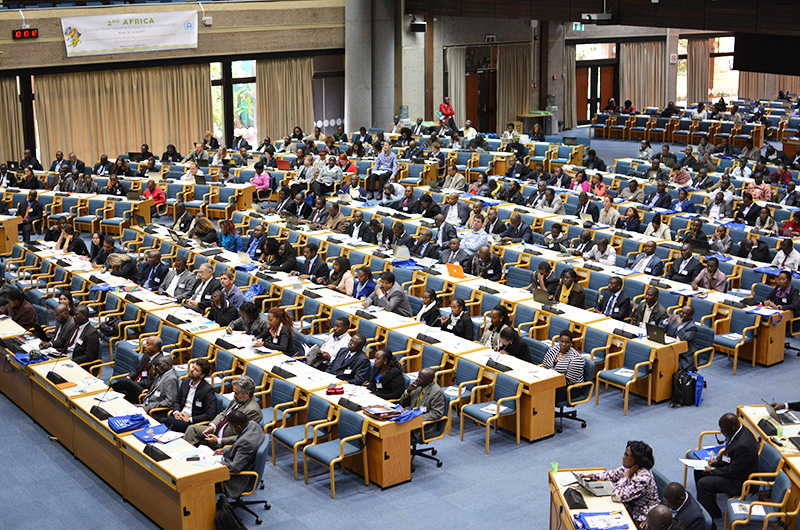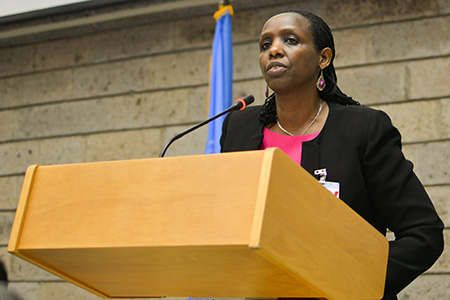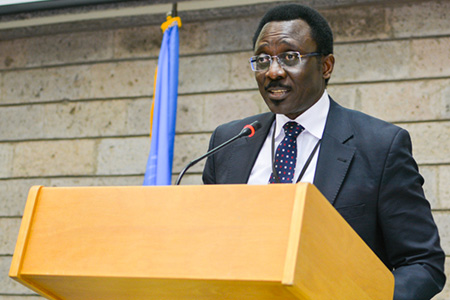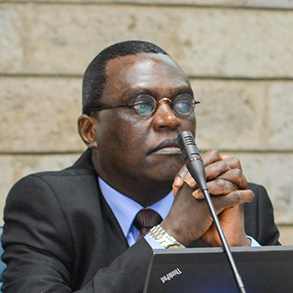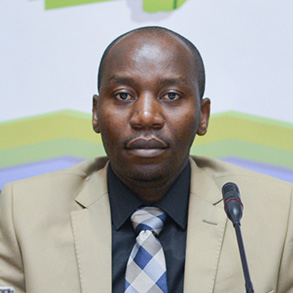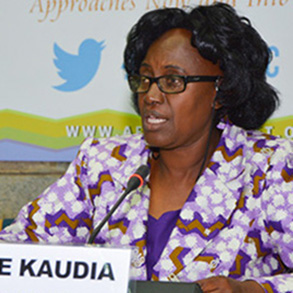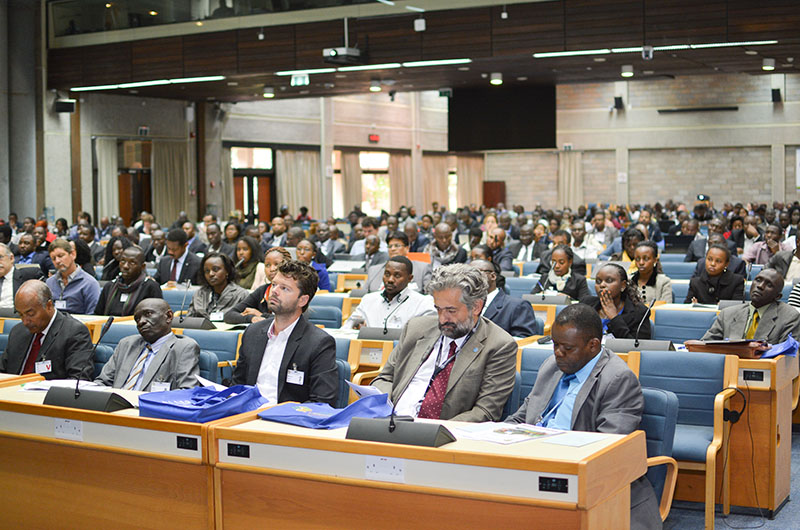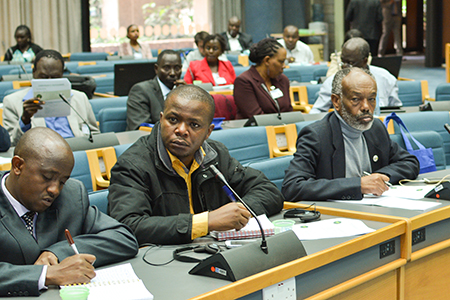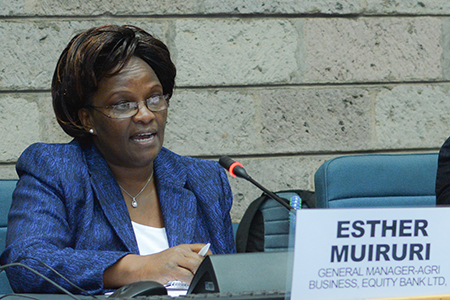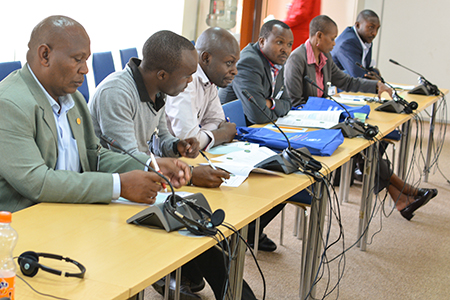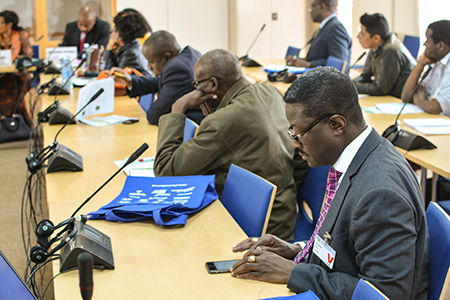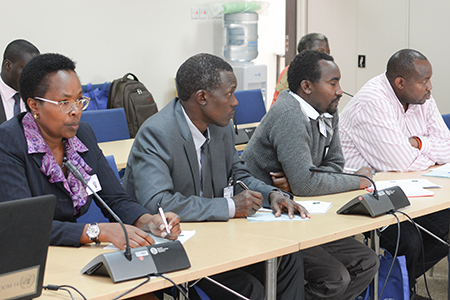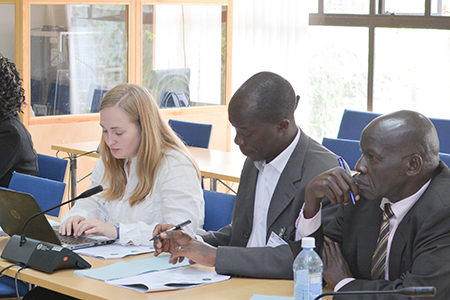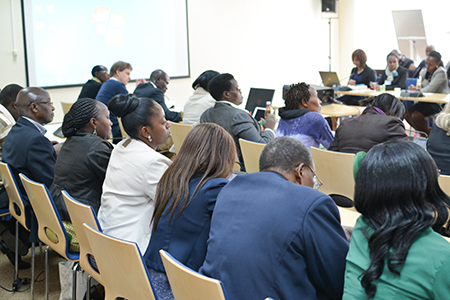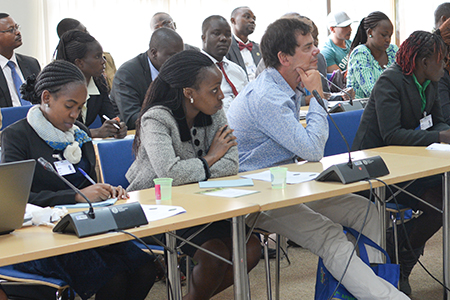| | |
|
The 2nd Ecosystem Based Adaptation for Food Security Conference (EBAFOSC 2) opened on Thursday 30 July 2015 at the UN Environment Programme (UNEP) Headquarters in Nairobi, on the theme ‘Re-imagining Africa’s Food Security through Harnessing Ecosystem Based Adaptation Approaches Now and Into the Future under Climate Change.
Following welcome remarks by Richard Munang, Coordinator, Africa Regional Climate Change Programme at the UNEP Regional Office for Africa (UNEP/ROA), delegates heard introductory statements by high-level representatives of key EBAFOSC 2 organizing partners, including: Patrick Kormawa, Food and Agriculture Organization of the UN (FAO) Sub-Regional Coordinator for Eastern Africa and Representative to the African Union (AU) and the UN Economic Commission for Africa (ECA); Cosmas Ochieng, Executive Director, African Centre for Technology Studies (ACTS); Yemi Akinbamijo, Executive Director, Forum for Agricultural Research in Africa (FARA); Agnes Kalibata, President, Alliance for a Green Revolution in Africa (AGRA); Mounkaila Goumandakoye, Regional Director, UNEP/ROA; and Rhoda Peace Tumusiime, Commissioner for Rural Economy and Agriculture, AU Commission (AUC).
During a plenary discussion on ‘Building scalable and inclusive business models for EBA,’ speakers presented challenges and best practices based on research and practical experiences across the continent.
In the afternoon, delegates met in seven parallel sessions addressing the overall theme of 'Making EBA-driven agriculture work in Africa now and into the future - optimizing and unleashing opportunities for EBA-driven agriculture in Africa.' The sessions addressed, inter alia: the role of youth and women in EBA-driven agriculture; innovative financing models; the role of the private sector; south-south cooperation; innovations to reduce post-harvest losses and wastage; and resilience to climate change. During a final closing plenary session, rapporteurs presented highlights from the seven parallel sessions. |
|
|
+ IISD Reporting Services, through its ENB+ Meeting Coverage, provided a summary the of EBAFOSC 2 in HTML and PDF format. Available in ENB Mobile at: http://enb.iisd.mobi/food-security-ebafosc2/
| |
| | |



